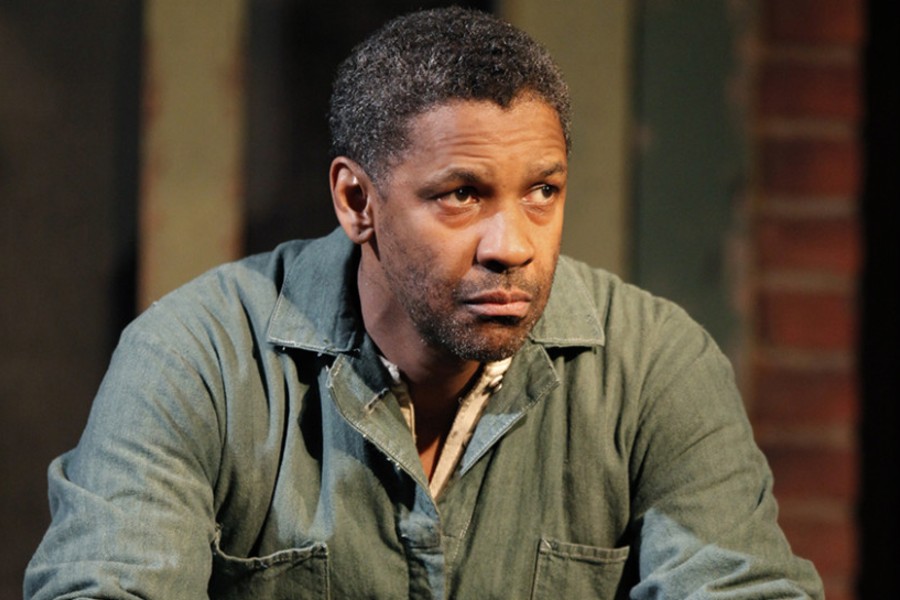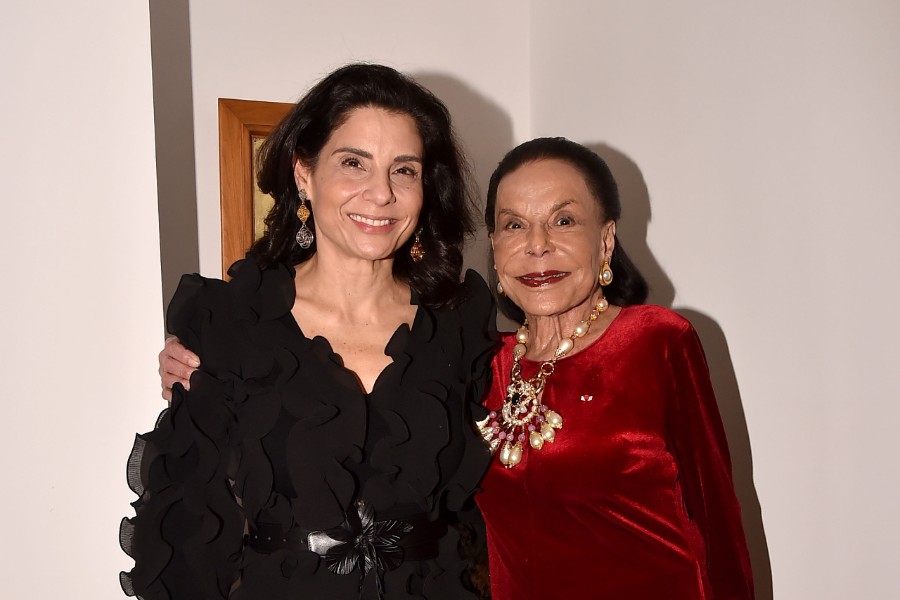
William Stanley Beaumont Braithwaite, December 6, 1878 – June 8, 1962, was a Harlem writer, poet, literary critic, anthologist, and publisher.
His work as a critic and anthologist was widely praised and essential in the development of East Coast poetry styles in the early 20th century.
Personal life
Braithwaite was born in Boston, Massachusetts in 1878. According to Jill Lepore, his father “came from a wealthy British Guiana family; his mother was the daughter of a North Carolina slave.” His father preferred that the children be educated at home, and until his untimely death, they were raised in a genteel household of means. Braithwaite married Emma Kelly in 1903; they had seven children.
Career
At the age of 12, upon the death of his father, Braithwaite was forced to quit school to support his family. When he was aged 15 he was apprenticed to a typesetter for the Boston publisher, Ginn & Co., where he discovered an affinity for lyric poetry and began to write his own poems. After early publications in periodicals, he published his first collection of 63 poems, Lyrics of Life and Love, at the age of 26 in 1904. From 1901 to 1902, Braithwaite served as an editor of the Boston-published Colored American Magazine. By 1906 he had been accepted as a member of the prestigious Boston Authors Club.
From 1905 to 1931 he wrote for The Boston Evening Transcript, contributing columns about contemporary poets and an annual survey of the field. He also wrote articles, reviews and poetry for many other periodicals and journals, including the Atlantic Monthly, The Nation, New York Times, The New Republic, The Crisis, Opportunity, and Colored American Magazine. He also began publishing anthologies on poetry of various periods, such as the Georgian and Elizabethan eras.
Annual Anthologies
The surveys that Braithwaite published in the Boston Evening Transcript led him to begin his most important life work: publishing an annual anthology of “Magazine Verse.” These anthologies covered a wide range of poets, from the conservative to the avant-garde, the established to the new, as well as an introduction in which Braithwaite discussed his perspective on the current state of poetry. The works published were culled from both commercial magazines and modernist little magazines.
They also included indexes of published verse and other information that provided insight into publishing trends of the day. Braithwaite indicated favored works in these lists with an asterisk, establishing in this way his own “canon” of poets and poems. Though Braithwaite has been received with ambivalence by African-American critics from his own lifetime to today for his lack of discussion of African-American issues in both his verse and anthologies, his anthologies are notable for their inclusion of African-American writers.
The success and influence of Braithwaite’s anthology series may be seen in its growing length: the first was 87 pages in length, while the 15th reached more than 1,000. Though influential, however, the anthologies were not moneymakers; five different houses published them over the years, and unlike some anthologies of the time, did not receive payment for including a poet’s work.
Magazine Publishing
Braithwaite launched a periodical, Poetry Journal, in December 1912, but not long after, handed off the project to others. He launched another periodical, the monthly Poetry Review of America, in 1916; this project folded after less than a year.
Book Publishing
In 1921 he established the B. J. Brimmer publishing company, which published poetry, non-fiction, and anthologies. His business partner and treasurer of the company was the writer and poet Winifred Virginia Jackson, known for her collaborations with H.P. Lovecraft.
Professorship and retirement
In 1935, Braithwaite assumed a professorship of creative literature at the historically Black Atlanta University. He retired from this position in 1945. In 1946, he and his family moved to Sugar Hill in Harlem, New York where Braithwaite continued to write and publish poetry, essays and anthologies. He was often alienated from his colleagues at the university due to his lack of any formal education or degrees and what was seen as his “standoffish” nature.
Harlem Renaissance
Braithwaite is recognized as having a significant role in publishing Harlem Renaissance poets for a wide audience through his anthologies, despite his own conservatism in discussing race in his own work. In 1927, the poet Countee Cullen dedicated the anthology Caroling Dusk, An Anthology of Negro Poets, to Braithwaite. James Weldon Johnson acknowledged Braithwaite as an influence upon his work.
His death
He died at his home at 409 Edgecombe Avenue home in Harlem after a brief illness on June 8, 1962.
Photo credit: Source.
Become a Harlem Insider!
By submitting this form, you are consenting to receive marketing emails from: . You can revoke your consent to receive emails at any time by using the SafeUnsubscribe® link, found at the bottom of every email. Emails are serviced by Constant Contact








